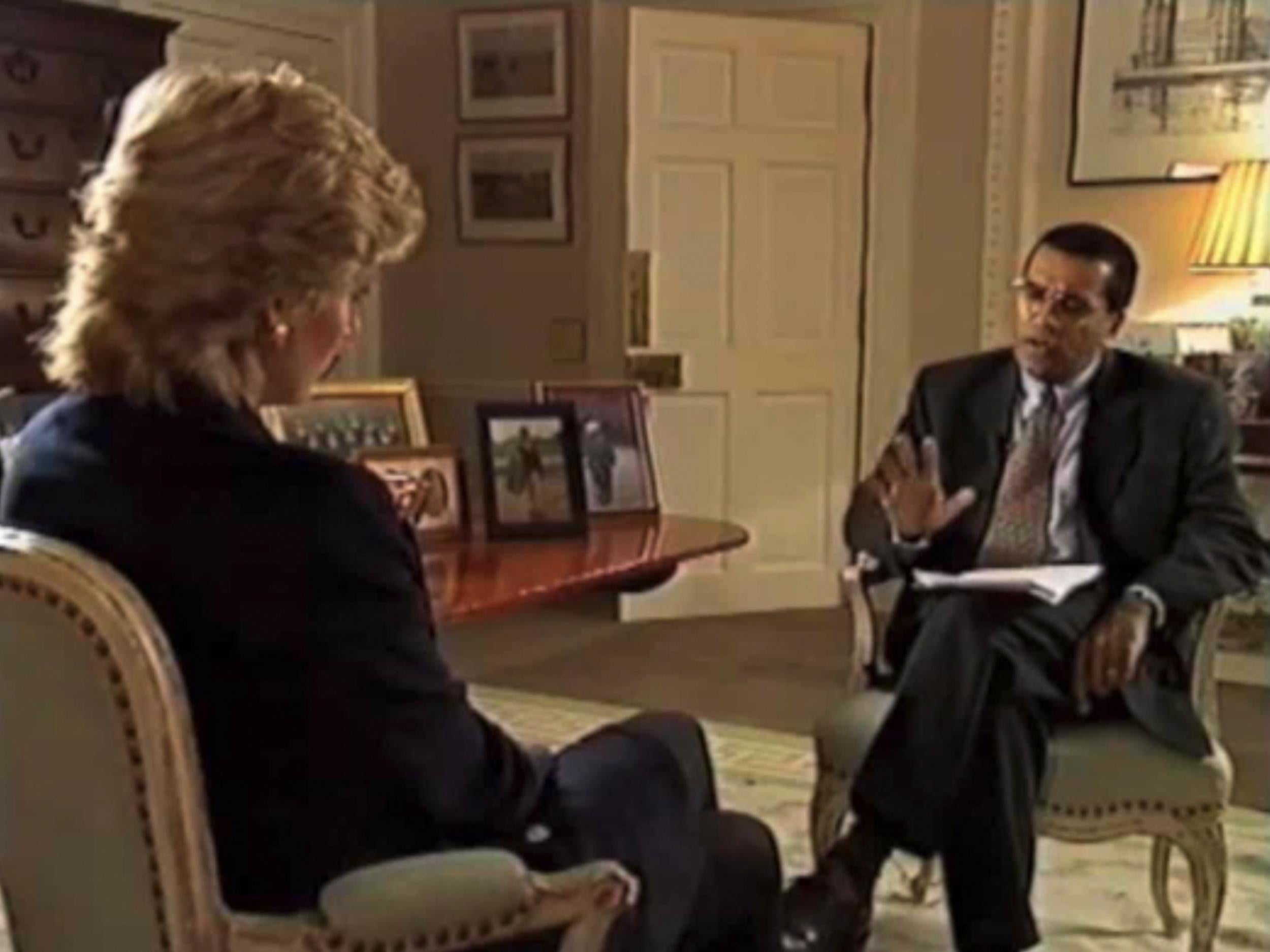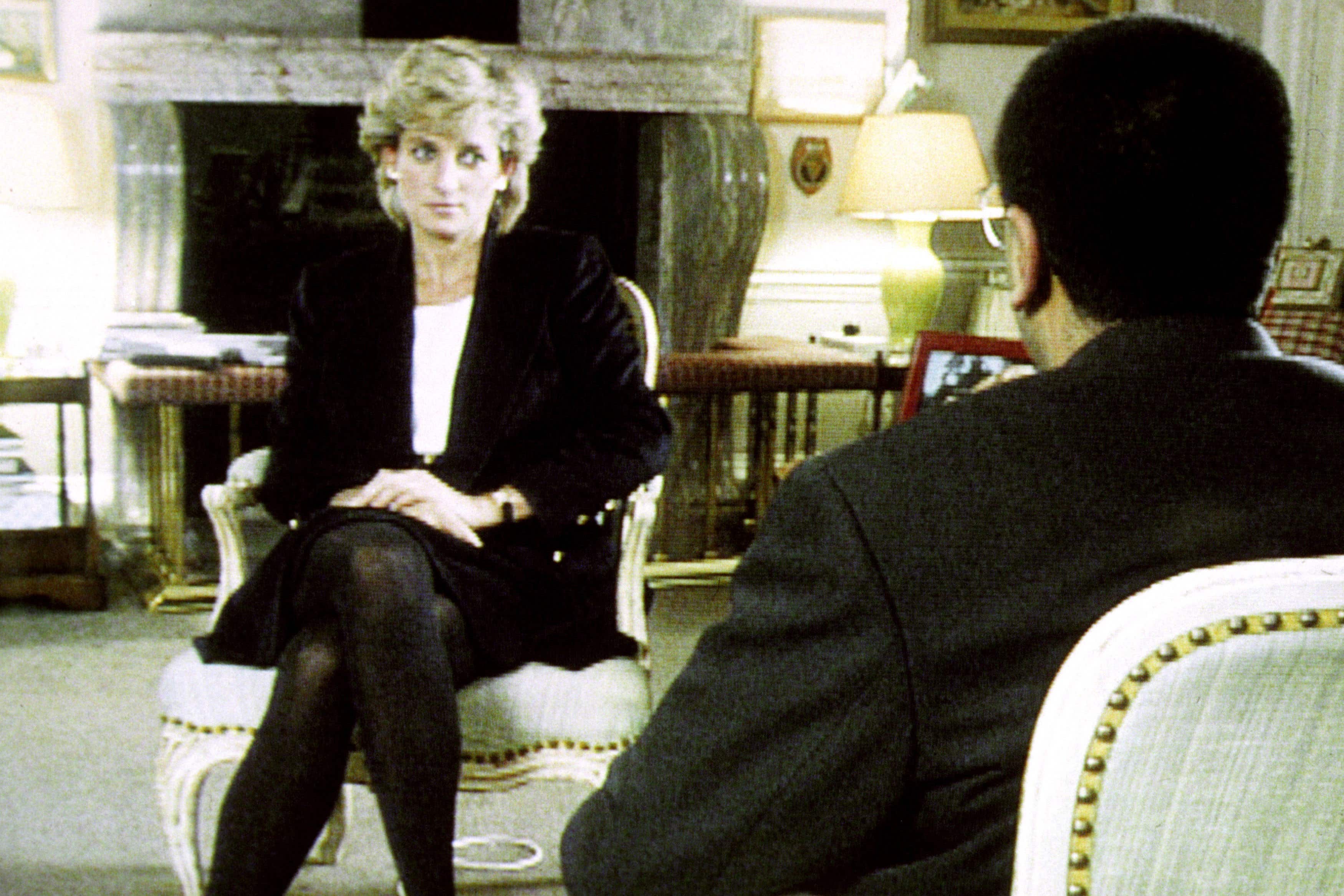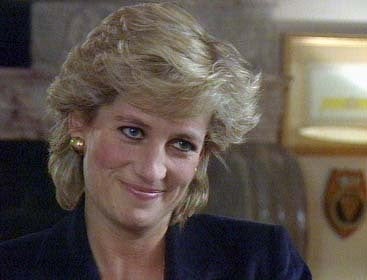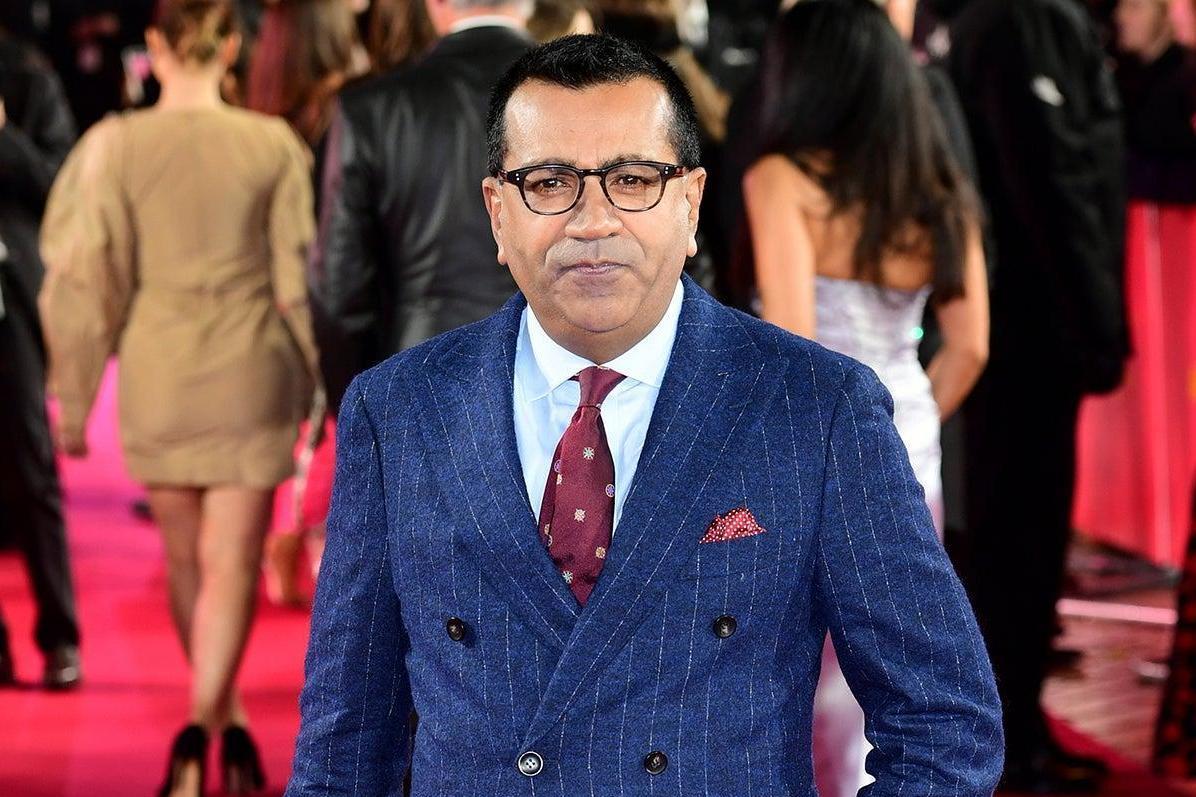Martin Bashir claims criticism of Diana interview came from ‘racism and professional jealousy’
Bashir was found to be in ‘serious breach’ after revelations came to light about how he secured the interview with Diana, Princess of Wales
Martin Bashir claimed that professional jealousy and his ethnicity were behind allegations that he had used deceit to secure his controversial interview with Diana, Princess of Wales.
The former BBC journalist said that colleagues did not like the fact that a “second-generation immigrant of non-white, working class roots” had conducted the interview, opposed to well-known presenters such as the Dimblebys.
The email, written just months before documentaries into the Panorama interview exposed the scandal, was disclosed after the BBC was ordered by a judge in December to hand over around 3,000 emails relating to the affair.

Sent on 20 July 2020, Mr Bashir told the head of BBC history, Robert Seatter, that forged documents played no role in obtaining the interview and dismissed the allegations as “this so-called ‘forgery’ story”.
The emails came after journalist and documentary maker Andy Webb submitted a freedom of information (FOI) request to the corporation to ask how the interview was secured.
Webb claims that BBC managers tried in 2020 to cover up Bashir’s actions in 1995, which included forging bank documents to obtain Diana and her brother Earl Spencer’s trust.

In his email, Mr Bashir wrote: “I am sorry to hear that this so-called ‘forgery’ story has reared its head again.
“It played no part in the interview but did allow professional jealousy, particularly within the corporation, to hang its hat on alleged wrongdoing.
“At the time, it was also apparent that there was some irritation that a second-generation immigrant of non-white, working class roots should have the temerity to enter a Royal Palace and conduct an interview.
“It would have been so much easier if one of the dynastic families (Dimbleby et al) had done it!”
Bashir was born in London to Pakistani parents and attended a comprehensive school in Wandsworth.

He also told Mr Seatter he had been praised by the then-prince of Wales’ staff for not giving interviews about the programme.
He wrote: “Since returning to the UK in 2015, and re-joining the BBC in 2016, senior staff in the Prince of Wales’ Office (to my surprise) have expressed their gratitude for my declining of all requests to discuss the interview.
“As I am sure you will understand, the words of the late princess have been deployed to attack surviving members of the Royal Family, particularly the Prince of Wales, something that I have never wanted to do.
“Some day-who knows when (!)- I will need to look back and reflect upon a career that included but hope was not wholly defined by a single interview.
“For that, I’ll need to work hard at recollection – something that I find very difficult.”
Mr Seatter was asking for a statement from Mr Bashir following being asked to “release an archive interview about the event, which mentions a forgery story involving yourself”.

Mr Bashir appeared to be referring to the then prince of Wales, now King, and journalists David Dimbleby, who regularly covers royal and political occasions for the BBC, and Jonathan Dimbleby, who interviewed Charles about his marriage, in his email.
This was ahead of the November 2020 broadcast of an ITV documentary The Diana Interview: Revenge Of A Princess in which graphic designer Matt Wiessler spoke about mocking up the documents for Bashir.
The BBC later apologised and made a financial settlement with Mr Wiessler.
To also coincide with the 25th anniversary of the interview Channel 4’s Diana: The Truth Behind The Interview aired and Diana: The Interview That Shocked The World were broadcast in the same year.
The newly released documents show Mr Bashir was praised by colleagues at the broadcaster after the interview, with Lord Hall of Birkenhead, who was then the corporation’s director of news, saying Bashir handled it with “excellent judgment”.
In 2020, Lord Dyson, the former Supreme Court Justice, was asked to investigate the handling of the interview and published a report in 2021 that said Mr Bashir had used “deceitful behaviour” by forging the bank statements and showing them to Earl Spencer to gain access to Diana.
He also found that the BBC had covered up their knowledge of Mr Bashir’s behaviour in the 1990s, led to an apology from the corporation and a promise never to show the interview again.
Mr Bashir, a former religion editor, left the BBC in April 2021 citing health reasons following having Covid-19-related complications.

A BBC spokesperson said on Tuesday: “Throughout this process we have taken our responsibilities to comply with the directions of the tribunal extremely seriously.
“Therefore we’ve today released approximately 3,000 documents, some 10,000 pages, to Mr Webb.
“This latest disclosure includes many hundreds of pages of duplicates and material that was not related to the 1995 Panorama, but was nevertheless caught by the electronic searches.
“We have made redactions, where necessary, consistent with the Freedom of Information Act.
“There is nothing to support the allegations that the BBC acted in bad faith in 2020 and we maintain this suggestion is simply wrong.
“We have worked to provide relevant material throughout this lengthy process, which has involved extensive archive and record searches spanning nearly 30 years.
“We have also accepted and apologised when errors have been made and taken extensive steps to rectify those errors.
“Further, as has been said many times, far from attempting to conceal or cover up matters, the BBC commissioned Lord Dyson to conduct an independent investigation so that he could gain a full picture of what happened in 1995, including by obtaining any additional materials that people other than the BBC might possess.
“The BBC provided all relevant documentation that was in the BBC’s possession to the Lord Dyson inquiry.
“Other individuals involved in these events also supplied Lord Dyson with written materials, which are detailed in the report.
“This was published in 2021 and the findings accepted in full by the BBC.”
Bookmark popover
Removed from bookmarks